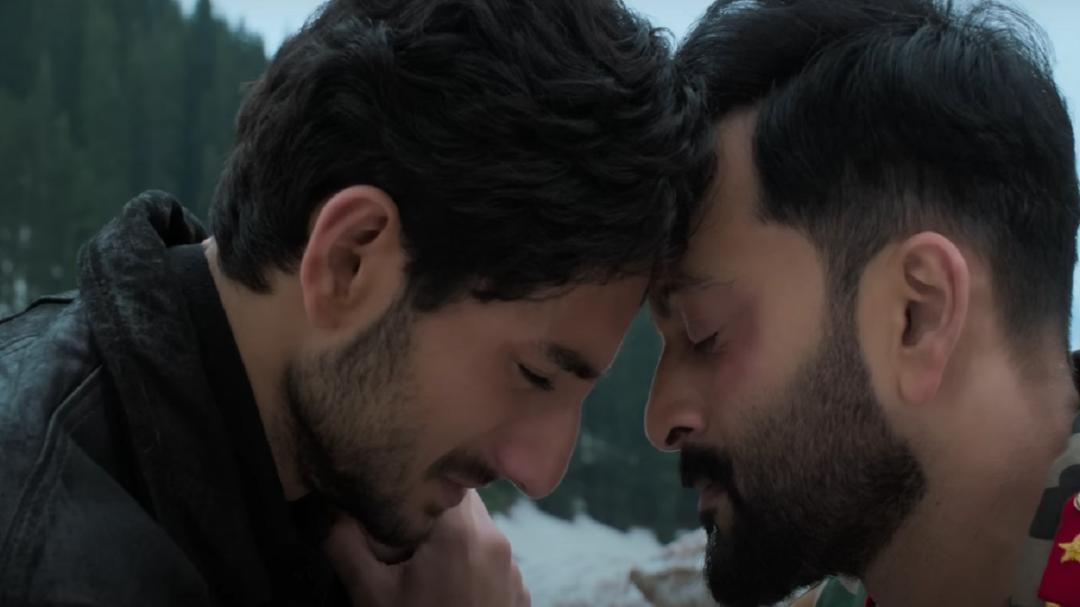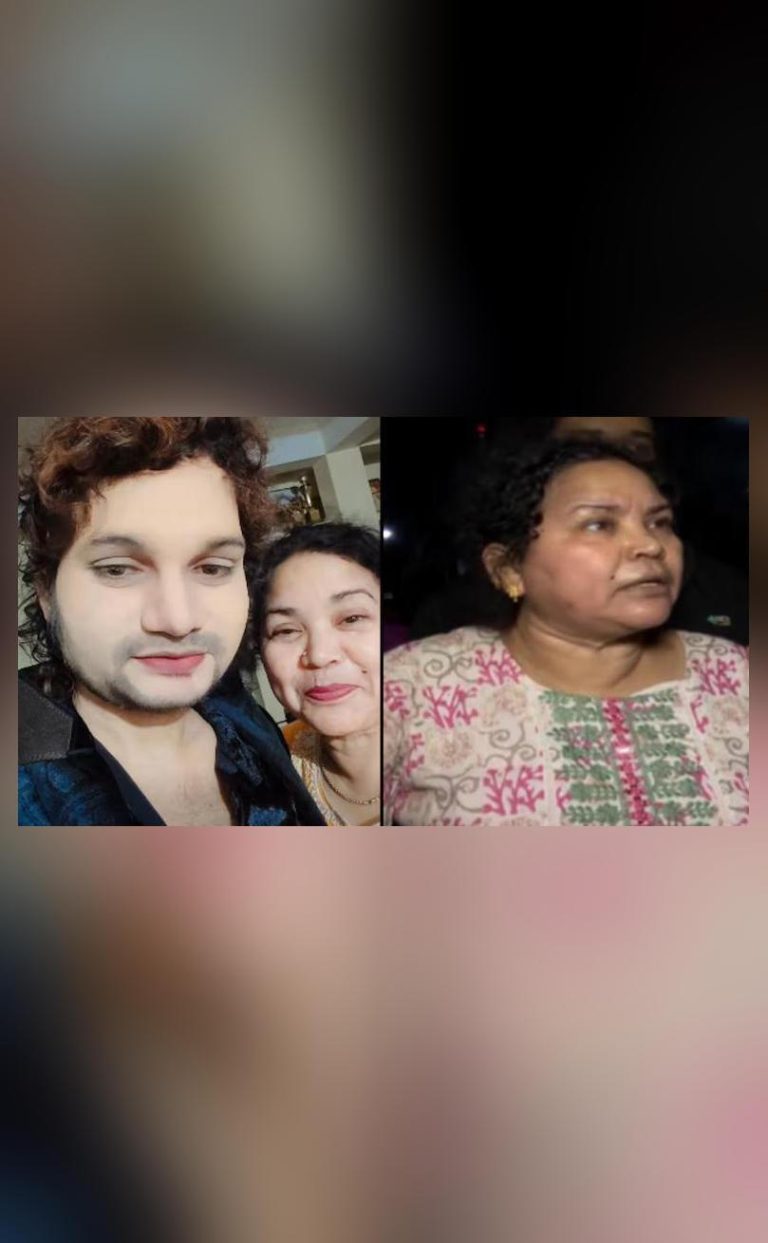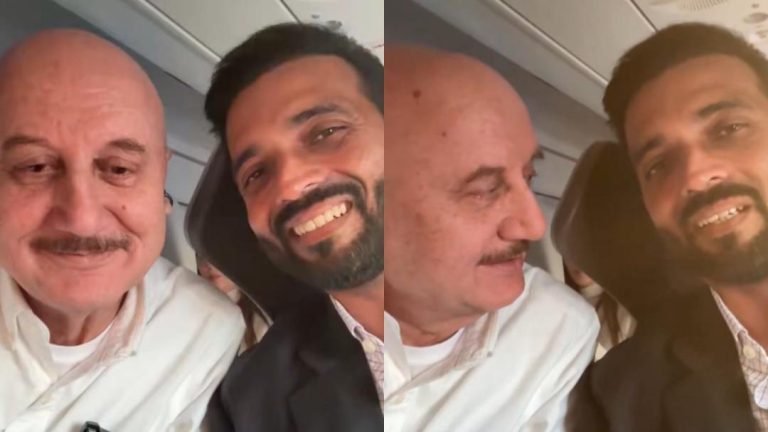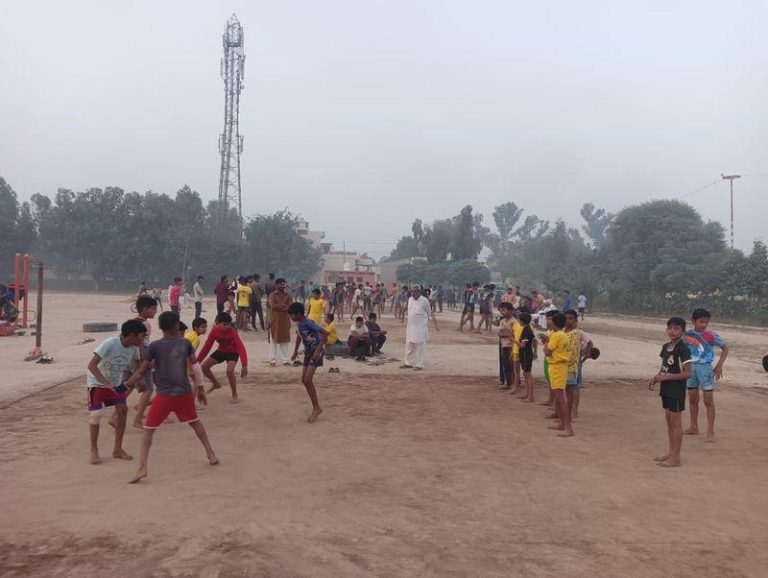
Title: If SRK can be criticised, why can’t Ibrahim? says Prithviraj
The world of cinema is no stranger to criticism and scrutiny. Celebrities, whether established or up-and-coming, are always under the microscope, and their performances are subject to varying degrees of praise and criticism. Recently, Malayalam star Prithviraj Sukumaran spoke about the criticism faced by Ibrahim Ali Khan, son of Saif Ali Khan and Amrita Singh, for his performance in Nadaaniyan. In an interview, Prithviraj stated that if Shah Rukh Khan can still be criticised, why can’t Ibrahim Ali Khan be criticised? This statement has sparked a debate, with many questioning the validity of Prithviraj’s argument.
Prithviraj’s statement was in response to the criticism faced by Ibrahim Ali Khan for his debut film Nadaaniyan. The young actor received mixed reviews for his performance, with some praising his efforts and others finding it lacking. However, Prithviraj’s comments were not just limited to Ibrahim Ali Khan. He also mentioned his own experiences with criticism, stating that even established actors like Mohanlal and Mammootty are still subject to criticism from the audience and critics.
Prithviraj’s argument is not entirely unfounded. It is true that even the biggest stars in the industry can face criticism for their performances. Shah Rukh Khan, for example, has faced criticism for his recent films, such as Zero and Jab Harry Met Sejal. Similarly, actors like Aamir Khan and Salman Khan have also faced criticism for their performances in films like PK and Tubelight, respectively.
However, the question remains whether Ibrahim Ali Khan’s case is comparable to that of established stars like SRK. While SRK has a decades-long career and a reputation for delivering consistent performances, Ibrahim Ali Khan is still a newcomer to the industry. His debut film Nadaaniyan was a commercial failure, and his performance received mixed reviews. In contrast, SRK’s films are often highly anticipated and receive significant attention from critics and audiences alike.
Moreover, while Prithviraj’s statement may be true in the sense that even established actors face criticism, it is also important to consider the context in which criticism is being levied. Ibrahim Ali Khan is still a young actor trying to find his footing in the industry, and his debut film was a commercial failure. In contrast, SRK is an established star with a proven track record of success. The criticism he faces is likely to be more nuanced and constructive, aimed at pushing him to improve rather than tearing him down.
Prithviraj’s comments have also sparked a debate about the level of criticism that new actors face in the industry. Many have argued that new actors are often subjected to harsher criticism than established stars, simply because they are still trying to prove themselves. This can be particularly true for actors from film families, like Ibrahim Ali Khan, who may face additional pressure to live up to their family’s reputation.
In an era where social media has given everyone a platform to express their opinions, criticism can be both constructive and destructive. While criticism can help actors improve their craft, it can also be discouraging and damaging to their self-esteem. As an industry, we need to find a balance between constructive criticism and supportive feedback, to help new actors like Ibrahim Ali Khan grow and develop.
In conclusion, while Prithviraj’s statement may be true in the sense that even established actors face criticism, it is also important to consider the context in which criticism is being levied. Ibrahim Ali Khan is still a young actor trying to find his footing in the industry, and his debut film received mixed reviews. As an industry, we need to find a balance between constructive criticism and supportive feedback, to help new actors like Ibrahim Ali Khan grow and develop.






